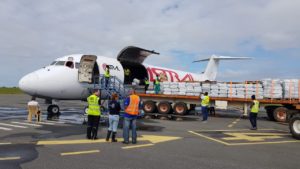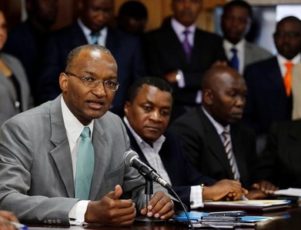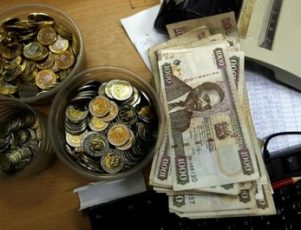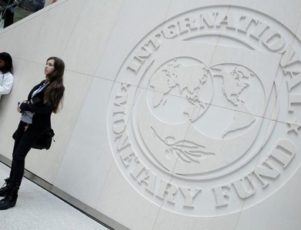Dr. Catherine Nyongesa stands as a pioneer in oncology in East Africa, a field that was virtually nonexistent in Kenya when she began her career. As the country’s first female radiation oncologist, she has played a pivotal role in transforming cancer care access and infrastructure, becoming a symbol of dedication, resilience, and innovation in the medical field.
Breaking Barriers in Oncology
Born in western Kenya, Dr. Nyongesa’s early life was shaped by a strong work ethic and a commitment to education. After completing her medical studies at the University of Nairobi, she pursued a Master’s degree in Radiation Oncology in South Africa. Upon returning to Kenya, she found herself at the Kenyatta National Hospital — the country’s only referral hospital offering cancer treatment — where patients waited for months for therapy due to lack of resources and medical personnel.
Determined to change this, Dr. Nyongesa took an entrepreneurial leap. In 2010, she co-founded the Texas Cancer Centre in Nairobi, along with her husband, a pharmacist. The center began as a modest outpatient clinic but quickly expanded into a fully operational cancer treatment hospital offering chemotherapy, radiotherapy, and diagnostic services. Today, it treats thousands of patients annually, many from underserved regions, and has become one of the most recognized private cancer care providers in the region.
Leading with Compassion and Vision
Her work is not only clinical but also deeply rooted in public health advocacy. Dr. Nyongesa actively campaigns for early detection, awareness, and better funding for cancer care. She has pushed for cancer to be included among Kenya’s national health priorities and supports the training of new oncologists to address the severe shortage of specialists in the country. Her contributions have also led to public-private partnerships aimed at equipping hospitals with radiotherapy machines and other critical infrastructure.
Balancing her roles as a physician, hospital director, mother, and mentor, Dr. Nyongesa is a firm believer in building sustainable healthcare systems. She often highlights the importance of empowering women in medicine and serves as a role model for many young girls in Kenya aspiring to enter STEM and healthcare professions. Her leadership has earned her several accolades, including recognition from the Ministry of Health and international bodies such as the Union for International Cancer Control (UICC).
Despite the challenges—ranging from limited government support to the emotional toll of treating terminal illnesses—Dr. Nyongesa remains unwavering in her mission. She continues to advocate for policies that subsidize cancer treatment and expand screening programs in rural areas.
In a country where stigma and late diagnoses have historically hampered cancer outcomes, Dr. Catherine Nyongesa’s work represents hope. Her story is one of courage, innovation, and an unshakable commitment to saving lives through compassion and science. By bridging the gap between expertise and access, she has redefined what is possible for cancer care in Kenya and has inspired a generation to follow in her footsteps.
Photos : squarespace-cdn.com












